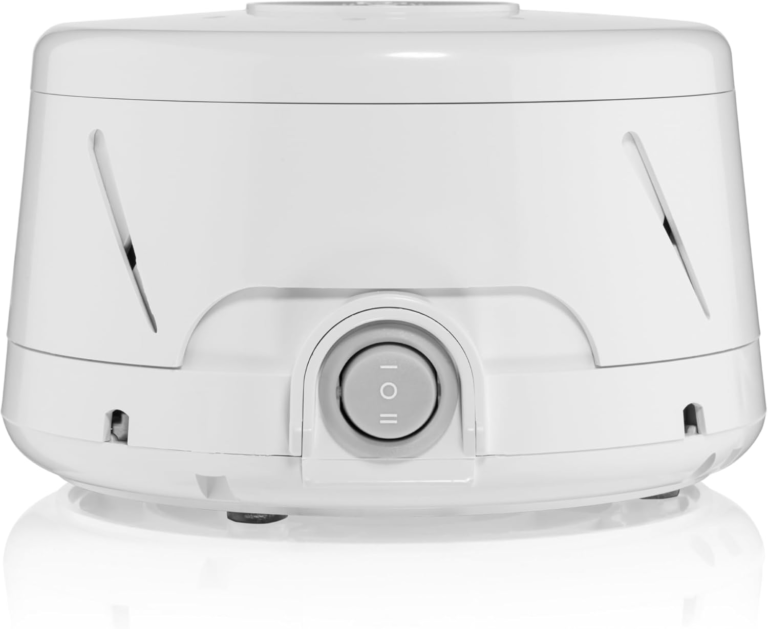5 Best Supplements for Gout: Natural Relief for Painful Flares
Gout is a painful form of arthritis caused by excess uric acid in the blood, leading to crystal formation in the joints—often the big toe. While medications like allopurinol or colchicine are standard treatments, many people seek natural support through supplements to lower uric acid levels, reduce inflammation, and prevent attacks. Research shows certain supplements can offer meaningful benefits, but they’re not a cure-all. Always consult your doctor before starting any supplement, as they can interact with medications or affect underlying conditions.
Based on evidence from trusted sources like Healthline, the Arthritis Foundation, and Verywell Health, here are the 5 best supplements for gout. These were selected for their strong backing in studies, focusing on uric acid reduction and anti-inflammatory effects.
1. Vitamin C
Vitamin C, or ascorbic acid, is a powerhouse antioxidant that supports immune function and tissue repair. For gout sufferers, it helps by promoting uric acid excretion through the kidneys, potentially lowering serum levels and reducing flare risk.
Key Benefits: May cut gout incidence by up to 45% in men with higher intake, and it supports overall joint health. 20 It’s especially useful for prevention in those at risk.
Evidence: A large 2009 study of nearly 47,000 men linked higher vitamin C doses (500–1,500 mg/day) to a lower gout risk, with a dose-response effect. A meta-analysis confirmed it reduces uric acid, particularly in people under 65.
Suggested Dosage: 500–1,000 mg daily, split into doses to improve absorption.
Cautions: Safe for most, but high doses (>2,000 mg) may cause digestive upset or kidney stones in susceptible individuals. Avoid if you have hemochromatosis.
2. Tart Cherry Extract
Derived from tart cherries (like Montmorency varieties), this supplement is rich in anthocyanins—potent anti-inflammatory compounds that give cherries their red hue. It’s a favorite for quick relief during flares.
Key Benefits: Lowers uric acid production and eases joint pain, potentially halving the risk of recurrent attacks.
Evidence: A 2012 study found consuming at least 10 cherries daily (or equivalent extract) reduced gout flares by 35–50%. 22 Another trial showed 1 tablespoon of extract twice daily (equal to 45–60 cherries) cut flares by 50% over four months.
Suggested Dosage: 500–1,000 mg of extract daily, or 8–16 oz of tart cherry juice.
Cautions: May interact with blood thinners; choose low-sugar options if diabetic. Start low to check for allergies.
3. Omega-3 Fatty Acids (Fish Oil)
Omega-3s, primarily EPA and DHA from fish oil, are essential fats known for taming inflammation. They’re a go-to for heart health but shine in gout by targeting the inflammatory cascade during attacks.
Key Benefits: Reduces joint swelling and tenderness, while supporting cardiovascular health—a bonus since gout raises heart disease risk.
Evidence: Experts recommend omega-3s for their broad anti-inflammatory effects, with studies showing benefits in arthritis-like conditions. A review noted they don’t raise uric acid when using purified forms.
Suggested Dosage: 1–2 grams of combined EPA/DHA daily (from 1–2 capsules).
Cautions: Opt for molecularly distilled fish oil to avoid purines or contaminants. It may thin blood, so monitor if on anticoagulants.
4. Turmeric (Curcumin)
Turmeric’s active compound, curcumin, is a natural anti-inflammatory rivaling some NSAIDs. It inhibits enzymes that drive gout-related swelling and may help clear uric acid.
Key Benefits: Eases pain and stiffness, with antioxidant effects protecting joints from oxidative stress.
Evidence: Preliminary human trials and animal studies suggest curcumin lowers uric acid and inflammation markers. It’s often combined with black pepper (piperine) for better absorption.
Suggested Dosage: 500–2,000 mg of curcumin daily, with piperine.
Cautions: May cause stomach issues; avoid high doses if you have gallstones or are on blood thinners. Not ideal for long-term solo use—pair with a healthy diet.
5. Bromelain
This enzyme from pineapples breaks down proteins and fights inflammation, making it a targeted aid for gout’s acute pain phases. It’s often stacked with other supplements like quercetin for enhanced effects.
Key Benefits: Speeds recovery from flares by reducing swelling and improving mobility.
Evidence: Small studies indicate bromelain decreases inflammatory cytokines in arthritis, with potential uric acid-lowering in combo formulas. It’s backed by the American Academy of Pain Management for connective tissue support.
Suggested Dosage: 500–1,000 mg daily, taken between meals.
Cautions: Can cause mild digestive upset or allergic reactions in pineapple-sensitive people. Skip if on antibiotics or blood thinners. Supplement Primary Benefit Daily Dosage Best For Vitamin C Lowers uric acid 500–1,000 mg Prevention Tart Cherry Extract Reduces flares 500–1,000 mg Acute relief Omega-3s Anti-inflammatory 1–2 g EPA/DHA Joint health Turmeric (Curcumin) Pain reduction 500–2,000 mg Chronic management Bromelain Swelling control 500–1,000 mg Post-flare recovery
Final Thoughts: Supplements as Part of a Bigger Plan
These supplements can complement—not replace—your gout management. Pair them with a low-purine diet (think cherries, low-fat dairy, and veggies), hydration (at least 8 glasses of water daily), and weight control for optimal results. Recent guidelines from the Mayo Clinic emphasize vitamin C’s role alongside lifestyle tweaks. Track your symptoms and uric acid levels with your doctor to personalize your approach. If flares persist, professional medical advice is essential to avoid complications like kidney damage.
